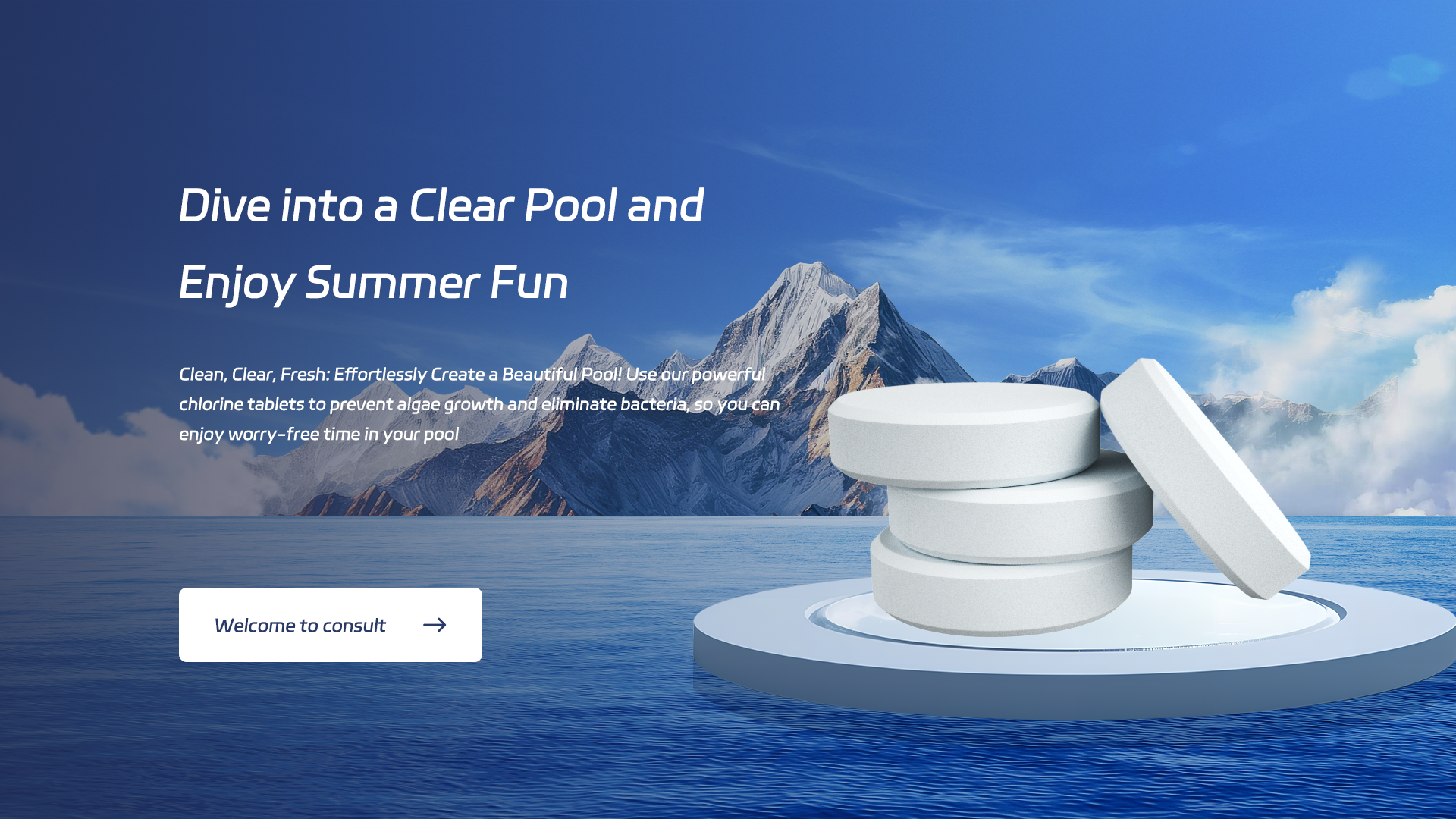Potential Effects of Chlorine Tablets on Aquatic Ecosystems
Chlorine tablets are widely used in swimming pools to keep the water clean and free from harmful bacteria. However, while chlorine tablets are highly effective for pool maintenance, their potential effects on aquatic ecosystems raise concerns. The chemicals found in pool chlorine can have far-reaching consequences when they enter natural bodies of water. In this article, we will explore how chlorine tablets may impact aquatic life, water quality, and the broader environment.
I. How Chlorine Tablets Work in Pools
First, it is important to understand how chlorine tablets function. Chlorine acts as a disinfectant, killing bacteria, algae, and other harmful microorganisms in pool water. When dissolved, pool chlorine releases hypochlorous acid, which destroys the cell walls of pathogens. This keeps pools sanitary and safe for human use.
However, when pool water is drained or leaks into nearby ecosystems, chlorine tablets can introduce these chemicals into rivers, lakes, and streams. This runoff poses risks to the environment, particularly to aquatic species that are sensitive to chemical changes in their habitat.
II. The Impact of Chlorine on Aquatic Life
One of the most significant concerns regarding chlorine tablets is their impact on aquatic life. Many aquatic organisms, including fish, amphibians, and invertebrates, are highly sensitive to chemical pollutants. Chlorine, in particular, can be toxic to these species. Even low concentrations of pool chlorine in natural water systems can disrupt the balance of these ecosystems.
Fish, for example, are highly vulnerable to chlorine. When exposed to chlorine tablets, fish may suffer from respiratory issues, as chlorine damages their gills. Prolonged exposure can lead to reduced oxygen intake and eventual death. Amphibians, such as frogs, are similarly affected, as chlorine can harm their delicate skin, which they use for respiration.
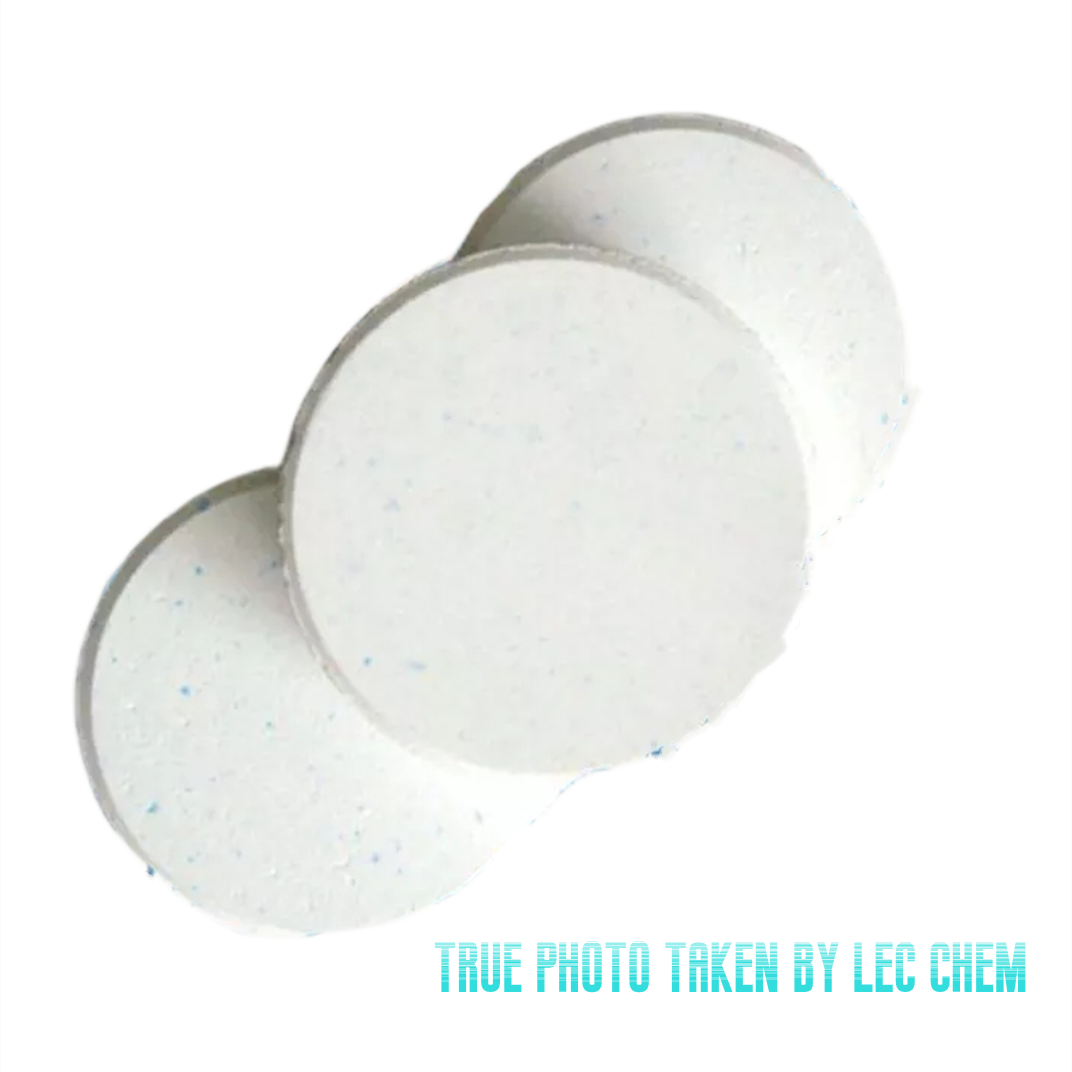
III. Chlorine and the Food Chain
In addition to harming individual species, chlorine tablets can disrupt entire food chains. When small organisms, such as plankton or algae, are exposed to pool chlorine, their populations can decline. These organisms form the base of many aquatic food chains. When they are killed off, it affects the larger species that depend on them for sustenance.
As the populations of prey species diminish, predators, including fish and birds, may struggle to find food. This can result in a chain reaction that impacts various levels of the ecosystem. The reduction in biodiversity caused by chlorine tablets can have long-term consequences for aquatic environments.
IV. Alteration of Water Chemistry
Another important consideration is how chlorine tablets affect water chemistry. Pool chlorine can alter the pH of natural water systems, making them more acidic. This pH change can stress aquatic organisms, many of which thrive in environments with specific pH levels.
When chlorine tablets lower or raise the pH of a water system, it may create inhospitable conditions for certain species. For example, fish eggs are particularly sensitive to pH changes, and altered pH levels can reduce hatching success rates. Additionally, changes in water chemistry can increase the solubility of other harmful chemicals, such as heavy metals, further exacerbating the problem.
V. Bioaccumulation in Aquatic Species
One of the long-term risks of chlorine tablets is bioaccumulation. As aquatic organisms absorb pool chlorine, the chemical can accumulate in their tissues over time. Predatory species that consume these contaminated organisms may, in turn, accumulate even higher levels of chlorine in their systems.
This process can lead to toxic effects in top predators, such as larger fish and aquatic mammals. Bioaccumulation also poses risks to human health when these contaminated fish are consumed. This cycle underscores the importance of controlling chlorine tablets in aquatic environments.
VI. Chlorine's Effect on Water Plants
Chlorine tablets do not just affect animals; they also impact aquatic plants. Plants play a crucial role in maintaining water quality by absorbing nutrients and producing oxygen through photosynthesis. When pool chlorine enters aquatic ecosystems, it can damage plant cells and reduce photosynthetic activity.
The loss of aquatic plants can lead to a decline in oxygen levels in the water, which can further harm fish and other organisms. Additionally, without plants to stabilize sediment, water systems can become clouded with particles, reducing light penetration and further affecting aquatic life.
VII. Possible Solutions and Alternatives
Fortunately, there are steps that can be taken to mitigate the impact of chlorine tablets on aquatic ecosystems. One solution is to use dechlorination agents when draining pool water into natural bodies of water. These agents neutralize pool chlorine, reducing its toxicity to aquatic life.
Another alternative is using non-chlorine sanitizers for pools. Products like saltwater systems or ozone generators provide effective disinfection without the harmful effects of chlorine tablets. These eco-friendly options help maintain clean pools while reducing the risk to the environment.
VIII. Raising Awareness and Regulatory Measures
It is also essential to raise awareness about the environmental impact of chlorine tablets. Pool owners and maintenance professionals should be educated on the proper disposal of chlorinated water. Local regulations can help enforce best practices, such as requiring dechlorination before pool water is drained into storm drains or natural waterways.
Regulatory bodies can also play a role in setting limits for the concentration of chlorine allowed in water runoff. By monitoring and controlling the use of pool chlorine, governments can help protect fragile aquatic ecosystems.
IX. Conclusion
The use of chlorine tablets is an effective way to maintain clean and safe swimming pools. However, their potential effects on aquatic ecosystems should not be overlooked. Pool chlorine can be toxic to fish, amphibians, and plants, disrupting food chains and altering water chemistry. By taking steps to mitigate chlorine runoff and exploring alternative sanitization methods, we can protect both our pools and the environment.
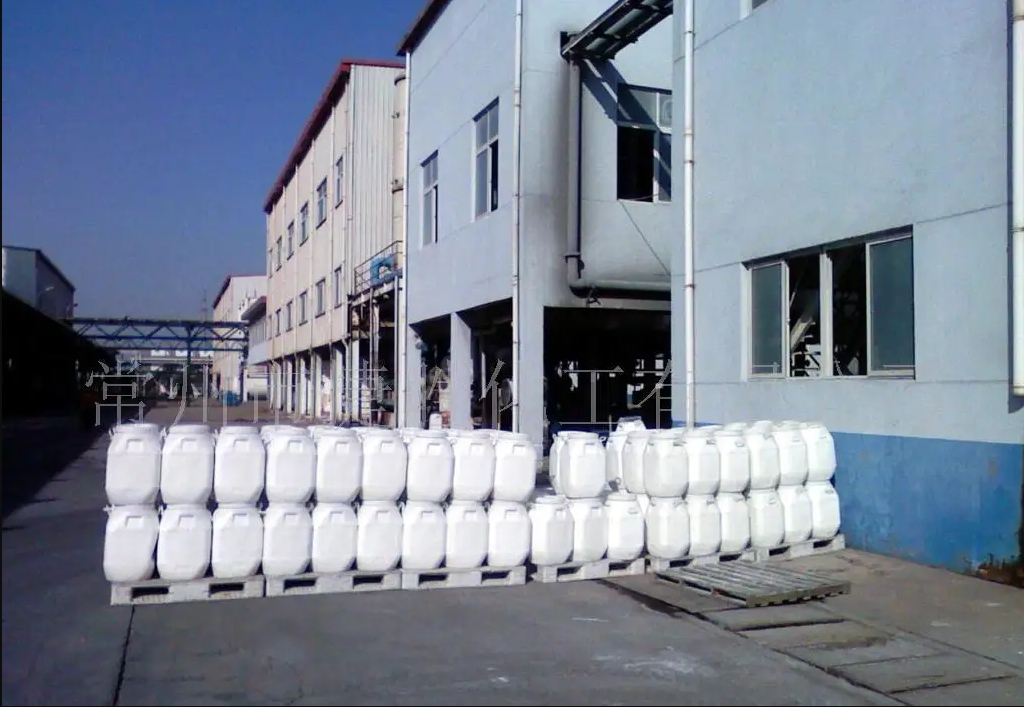 Largest China Factory Manufact
Largest China Factory Manufact
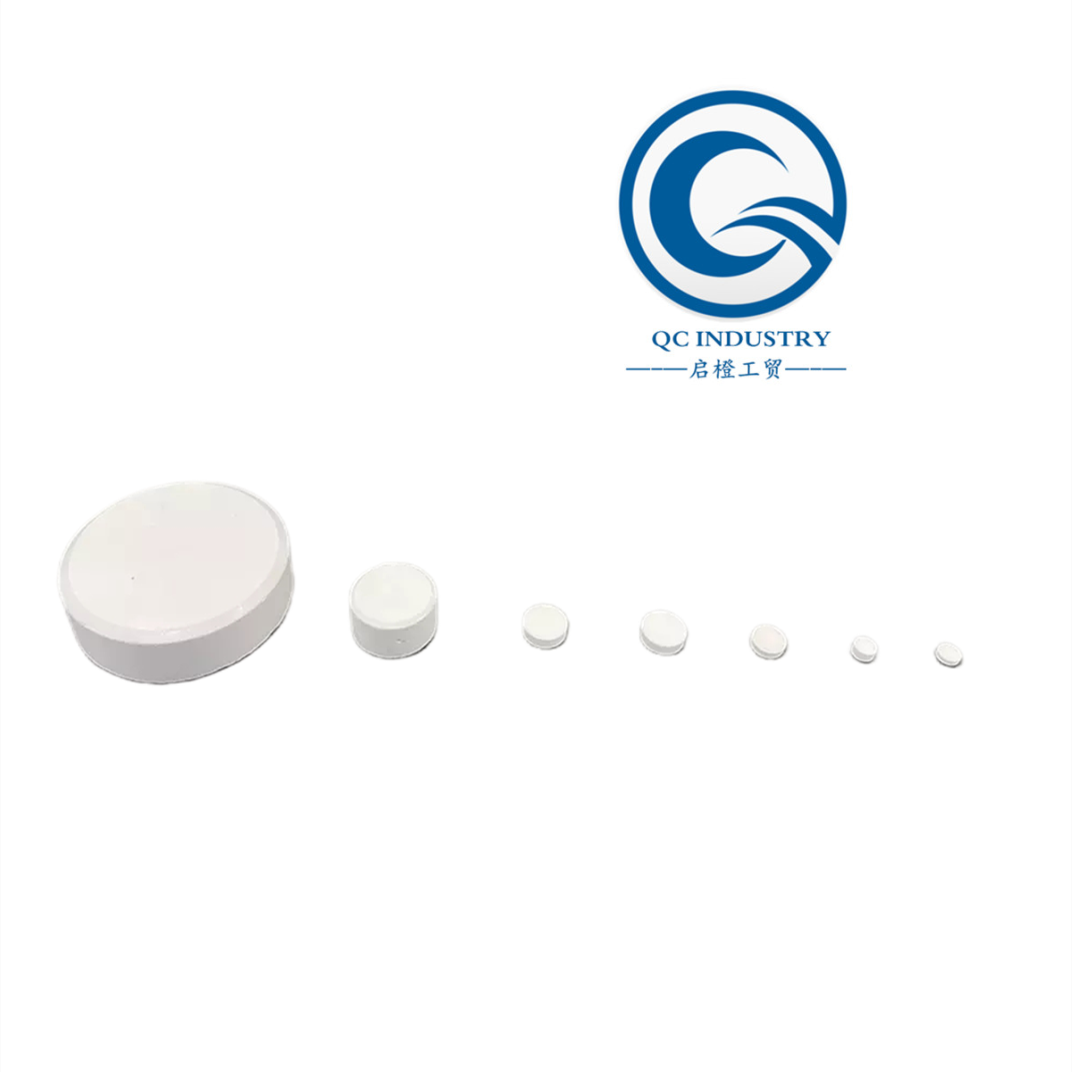 Cheap but Good Chlorine Tablet
Cheap but Good Chlorine Tablet
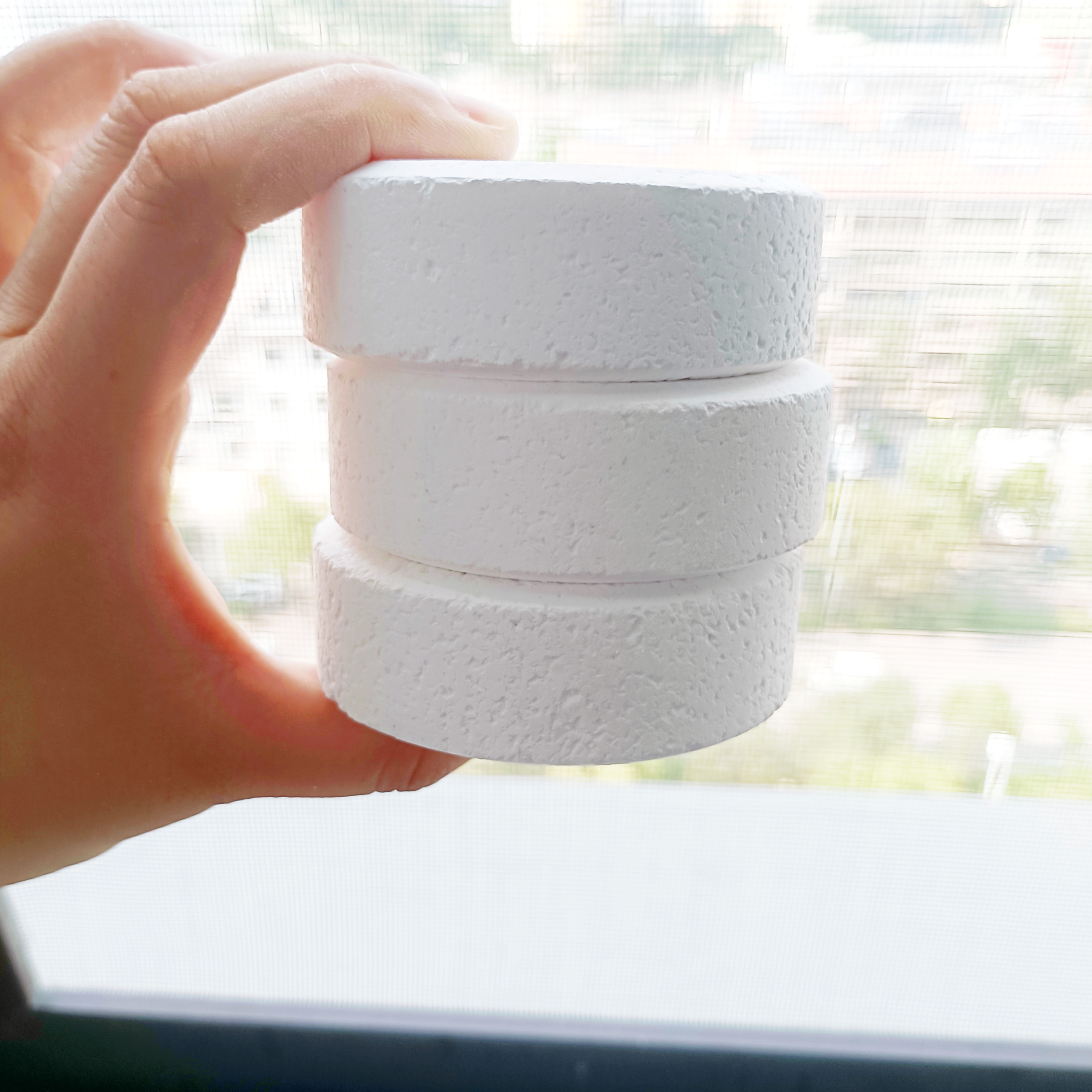 Cheap but Good Chlorine Tablet
Cheap but Good Chlorine Tablet
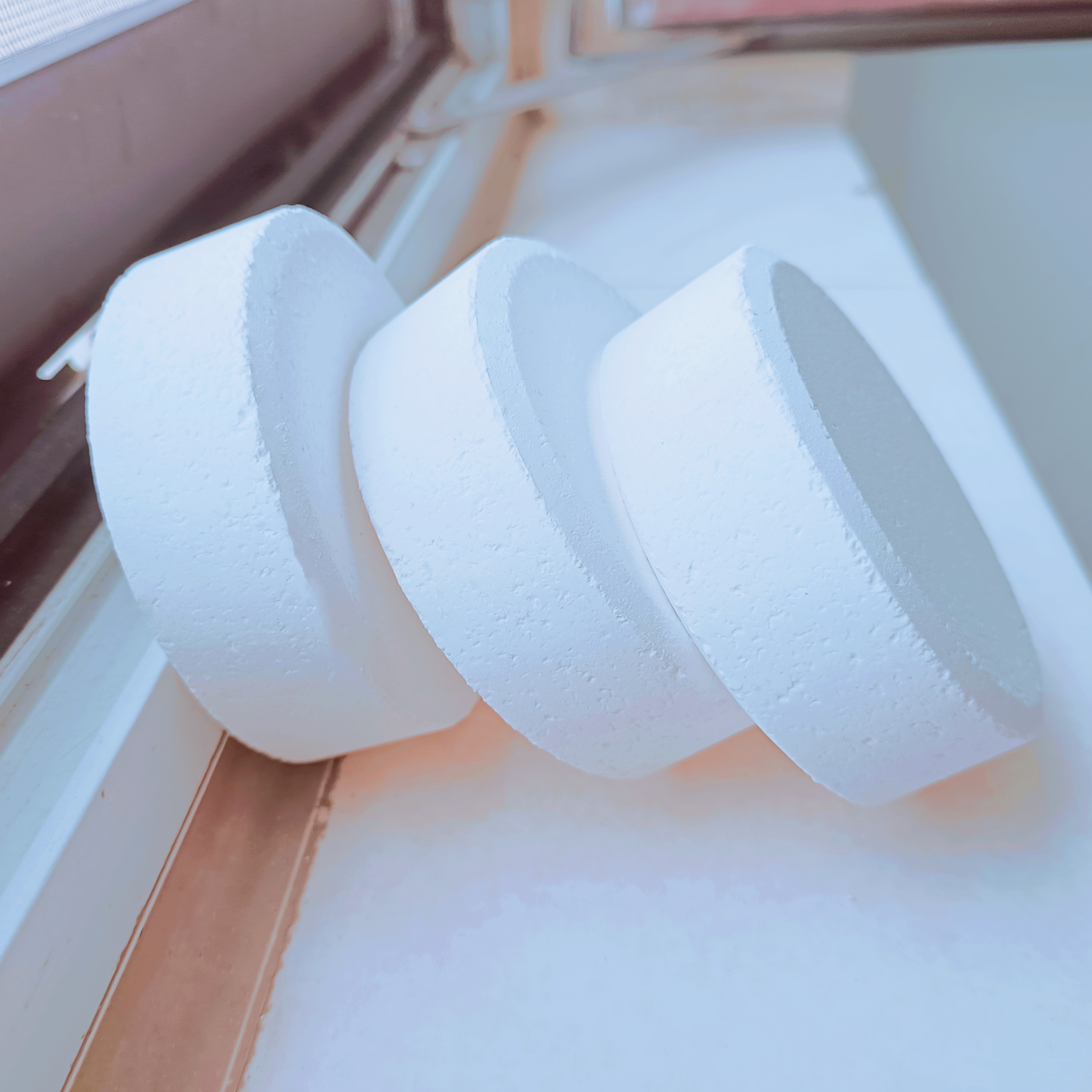 What Size Chlorine Tablets for
What Size Chlorine Tablets for

